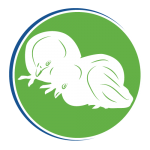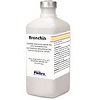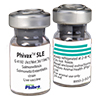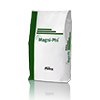
Salmonella
Salmonella enterica is a facultative intracellular bacterial pathogen of worldwide importance. It is the most common zoonotic foodborne pathogen causing gastroenteritis in humans with an estimated 93 million cases of this foodborne disease reported globally per year. Most infections are due to ingestion of food contaminated by animal faeces, or by human faeces in food production or handling areas.
Although some Salmonella serotypes can be regarded as Host Specific e.g. S Typhi in humans and S Gallinarum in poultry, the key focus, and importance for Salmonella control in food production animals like poultry are the Host Adapted species e.g. S Enteriditis and the Generalist species e.g. S Typhimurium, S Heidelberg and S Infantis that can be found in healthy animals and birds and can cause food poisoning in humans coming into contact with contaminated meat, eggs, etc. from them.
So, although controlling infections of S Gallinarum are important to protect chickens, the main focus for controlling Salmonella infections globally is to control the incidence of food-borne infections in humans caused by these contaminations.
Salmonella vaccines and other medication used to control Salmonella, while important, are only a small part of a comprehensive control program that should be implemented in any food animal production system.







